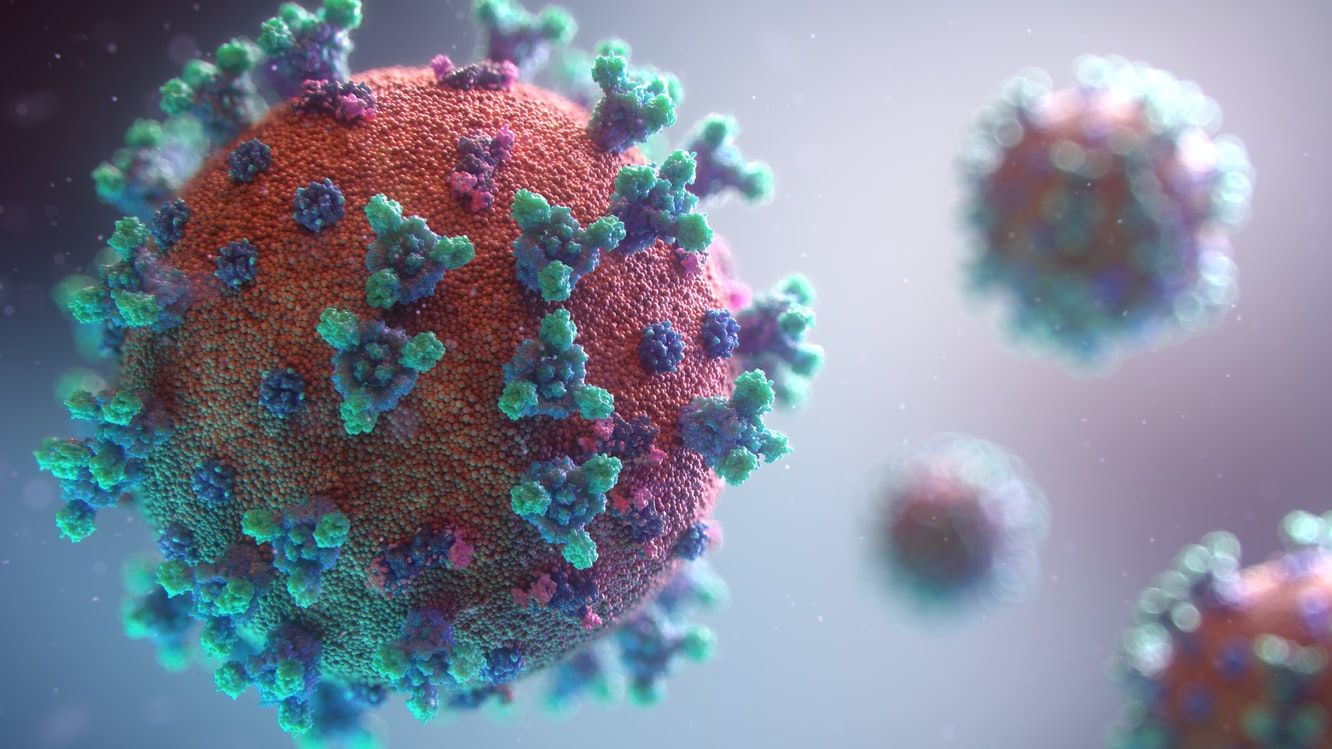If you've ever contracted COVID-19, then this WHO finding is relevant to you: symptoms such as persistent fatigue, breathlessness, and brain fog can last in your system weeks after your battle with the disease
Just when you thought COVID-19 can't get any worse, you hear about the term "long COVID". For starters, this phenomenon occurs when a person experiences long-term health problems even after recovering from the original infection.
The health concerns in question include fatigue or extreme tiredness, shortness of breath, heart palpitations, frequent chest pains, problems with concentration ("brain fog"), loss of taste and smell, and joint pains.
As of this writing, long COVID is a clinical case that still baffles scientists and medical experts. The length and severity of this health problem remain undiscovered up until today. "Post COVID-19 condition occurs in individuals with a history of probable or confirmed SARS-CoV-2 infection, usually occurring three months from the onset of COVID-19 with symptoms and lasting for at least two months, that cannot be explained by an alternative diagnosis," the World Health Organisation (WHO) said in one of its journals.
"Symptoms may be a new onset following initial recovery from an acute COVID-19 episode or persist from the initial illness," it added.
In case you missed it: Omicron Fact Check: Do Viruses Become Less Deadly To Survive?

The Lancet, a weekly peer-reviewed general medical journal, reported that in UK, there had been 945,000 people who reported having long COVID last July 4,2021, among these numbers, at least 34,000 are children aged two to 16. The health issue was also observed among people aged 35 to 69.
More from Tatler: Covid-19 Omicron Variant: Here's Everything You Need to Know
Call to Action
Tedros Adhanom Ghebreyesus, WHO's director-general, has called on countries to prioritise recognition, rehabilitation, and research for the long-term consequences of COVID-19, as well as a collection of data for long COVID. A cohesive research agenda is needed to prevent research waste and improve outcomes for patients.
The WHO representative added that medical communities must acknowledge this and collaborate "to meet individualised, patient-oriented goals, with an appropriately trained workforce involving physical, cognitive, social, and occupational elements."
Long COVID Linked to Psychiatric Symptoms
Depression, anxiety, insomnia, obsessive-compulsive (OC) symptoms, and post-traumatic stress disorder (PTSD) have been linked to long COVID. Studies show that prescriptions of antidepressants, intimate partner violence, and suicidal thoughts have gone up at the onset of the pandemic.
Paul J. Harrison, MA, BM. BCh, DM (Oxon), FRCPsych, an independent investigator at the University of Oxford revealed that the single most frequently reported symptom of long COVID were anxiety and depression (23 per cent within six months of COVID and 15 per cent in months three to six after diagnosis).
"Anxiety and depression were higher in patients with more severe COVID cases, and slightly higher among females. White and non-White patients were equally affected," quoted his study.
Related: How Do We Move Past "Languishing" And Thrive Once Again?

